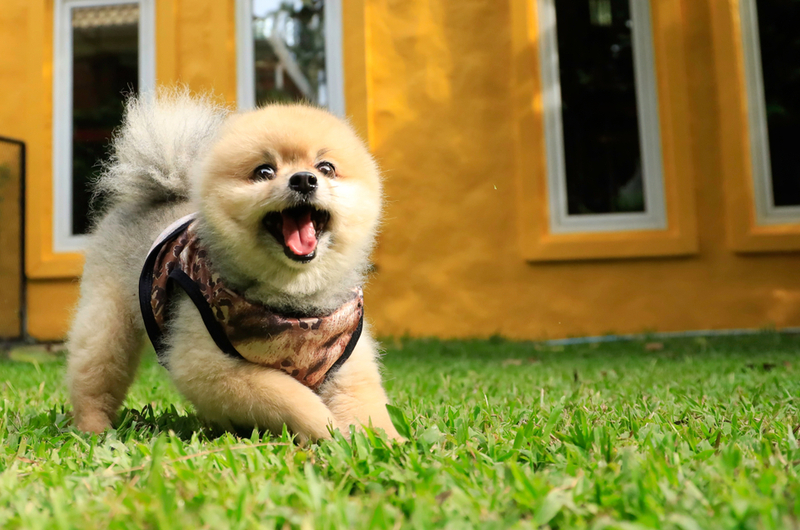Find dog training classes and learn proven techniques to transform your furry friend into a well-behaved and obedient companion. From basic obedience to advanced commands, our expert trainers provide personalized guidance to address behavioral issues and enhance the bond between you and your canine. Enroll now and witness the remarkable results of our dog training programs.
Dog training classes and techniques are essential for any dog owner who wishes to maintain a healthy, balanced relationship with their pet. Training isn't just about teaching your dog to sit, stay, or fetch. It's about communication, understanding, and respect between you and your companion. This article provides an in-depth look at dog training classes, including the costs, benefits, and various techniques used to enhance the learning process.

What do dogs learn at dog obedience training and how much does it cost?
Dog obedience training classes typically cover basic commands such as sit, stay, come, heel, and down. They also address issues like biting, chewing, and jumping up. More advanced classes may delve into skills like retrieving items, detecting certain scents, or performing tricks.
The cost of dog obedience training varies widely based on the trainer's expertise, the length and frequency of the classes, and your geographical location. Group classes are typically less expensive, ranging from $50 to $125 for four to eight weeks of one-hour sessions. Private training may range from $30 to $100 per session. More advanced training or specialized training for aggressive or anxious dogs may cost several hundred dollars.
What are the benefits of training dogs?
Training your dog offers a multitude of benefits, not only for the dog but also for the owner and the community at large.
-
Better socialization: Dogs who are well-trained are more comfortable around other dogs, people, and environments. They are less likely to react negatively or aggressively to new experiences, making them safer and more enjoyable companions.
-
Improved communication: Training enhances the bond between dogs and their owners by improving communication. It helps owners understand their dogs' needs better and allows dogs to understand their owners' expectations.
-
Impulse control: Training classes teach dogs to control their impulses, reducing unwanted behaviors such as excessive barking, jumping up, or chewing.
-
Increased safety: A well-trained dog is less likely to run into traffic, get lost, or get into fights with other dogs.
What actions/incentives can owners utilize to support their dog's learning?
Dog training is a two-way street. While your dog is learning new behaviors, you as an owner can support this learning process through certain actions and incentives.
-
Consistency: Consistency is key in dog training. Use the same commands and signals each time and expect the same behavior.
-
Positive reinforcement: Reward your dog for good behavior. This could be in the form of treats, praise, petting, or playtime. Make sure the reward is immediate so your dog associates it with the correct behavior.
-
Patience: Training takes time. Don't expect immediate results and don't get frustrated if progress seems slow. Some dogs take longer to learn than others.
-
Practice: Regular practice is essential. Incorporate training exercises into your daily routine. This not only reinforces the learned behaviors but also strengthens your bond with your dog.
Dog training classes and techniques are a vital component of responsible dog ownership. They provide dogs with the essential skills they need to interact safely and happily with their environment, while also strengthening the bond between them and their owners. While the cost of training can vary, the benefits it provides are priceless. From better socialization and impulse control to improved communication and increased safety, the advantages of dog training are immense. As a dog owner, your commitment to consistency, positive reinforcement, patience, and regular practice will play a significant role in your dog's successful learning journey.